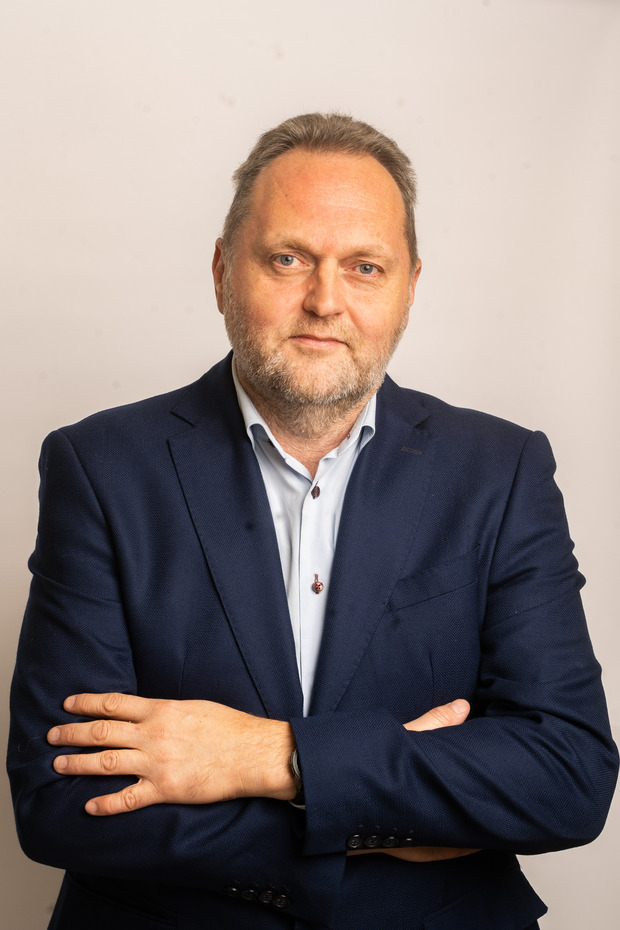What does the Centre do?
At the Centre for Applied Artificial Intelligence, we develop technologies that enable computers to learn and solve problems in a human-like manner. We deal with artificial intelligence and machine learning algorithms and improving human-computer cooperation.
Artificial intelligence is widely applied and significantly improves everyday life, making it more fun, easier and safer. For example, smartphones use AI to recognise the user's face, answer questions and suggest words while typing. In games, AI controls the movement of monsters or cars. Self-driving cars that use AI to recognise traffic signs and pedestrians are being produced now. Home devices can answer questions, play music and vacuum the space based on voice commands. All of this is possible because of progress in the field of artificial intelligence!
